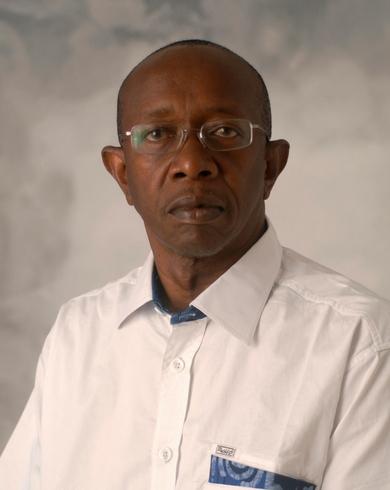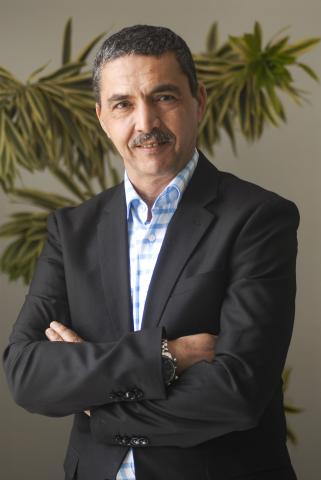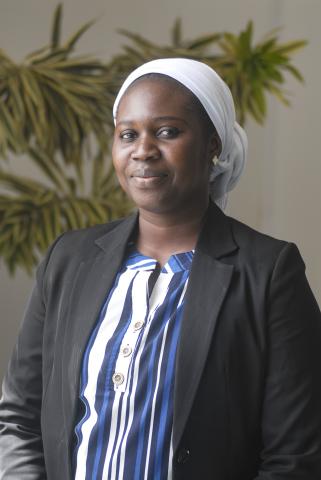Environmental health, called by engineers in the sector « environmental hygiene », is made up of all the elements of the environment which allow a healthy living environment and harmonious human development. Its basic components are:
- appropriate drinking water supply,
- rational management of wastewater and fecal sludge,
- the correct evacuation of rainwater,
- management of solid waste produced by the community,
- perfect control of pollution from the activities of industrial establishments.
The Cabinet EDE does not claim to identify all the issues in this sector of sanitary engineering. It attempts to promote the most competent human resources and support African governments in the definition and implementation of sectoral policies adapted to communities while respecting true sustainable development. The firm has specialized over the last 15 years by gradually tackling the following areas:
- Disposal of wastewater and fecal sludge: the progress report on sanitation and drinking water, 2015 monitoring report and MDG assessment « Progress on Sanitation and Drinking Water: 2015 Update and MDG Assessment », indicates that one in three people in the world, or 2.4 billion people, do not have access to an improved sanitation system and 1 billion people practice open defecation. Lack of sanitation increases the risk of disease and malnutrition, particularly for women and children. Sanitation is an element « essential for health and environmental safety » but also, for each human being, « a factor of development and dignity ». During the years 2000-2010, the firm provided an approach based on a structured learning process, starting from concepts towards sanitation projects developed by States to draw lessons and good practices through large-scale dissemination. The strategy and basic principles developed are focused on a minimum of sanitation: « a barrier is erected against the spread of diseases carried by feces » for all human beings. « Supply-demand » approaches to the sanitation market have also influenced the sector. States and financial partners have evolved towards a market logic which is not always relevant for the most deprived in urban and rural areas. New models of financing the sector are beginning to emerge with the concept of Public Private Partnership (PPP).
- Rainwater management: during the years 2010-2016, the Cabinet EDE approached the aspect of rainwater management not essentially as a technical object but on the contrary as a set of actions requiring to be reintegrated into the way to make and think about the city, therefore from an urban planning perspective, on the one hand, and to emphasize the organizational, financial and institutional processes that surround it through a multidisciplinary approach, without forgetting the essential technicality of the processes, on the other hand. The execution of the Rainwater Management Program (PROGEP) with the Municipal Development Agency (ADM) in Senegal constitutes a typical model.
- Solid waste management: solid waste management includes the collection, transport, recovery and elimination of waste and, more broadly, any activity involved in the organization of the management of waste from its production until their final processing. If the links of collection, transport and recycling seem familiar and find suitable solutions in Africa, landfills still constitute equations with several unknown variables and constitute one of the major problems for national authorities and local elected officials in Africa . The firm positions itself towards the management and characterization of this most neglected link in this overall management, « the non-control of landfills » which just become outlets for maximum concentration of pollution of all kinds.
The strategies, principles and objectives of the firm are:
- detailed knowledge of these deposits which can constitute a powerful commercial tool that can play a significant role in climate change, essential for planning,
- the choice of technologies,
- the sizing of equipment.
The EDE firm's thinking is the determination of methods and approaches for understanding these deposits. Adapted and proven valorization sectors exist for Africa. The political, economic and social constraints identified are not insurmountable in the current conditions and situations of African cities. The polluter pays principle is not reasonably applicable in most industrial platforms often located in urban areas in Africa. These industrial units are often clustered together in an urban fabric whose planning is controlled neither by the States nor by local elected officials. The firm positions itself in supporting States in defining policies, strategies and objectives for the rational management of pollution generated by industrial units. In certain countries which have already acquired this tool, the qualitative and quantitative characterizations of pollution have made it possible to put in place a draft pollution tax which must normally be accompanied by appropriate measuring instruments, accepted by all stakeholders. The firm's support for the States is evident in this last chapter. In the 2030 Agenda of the SDGs, Africa is called upon to redouble its efforts to improve sanitation in all areas of environmental health. The sovereign responsibility of States will consist of:
- educate and protect the most exposed populations,
- to change old mentalities and practices that confront the quest for dignity,
- communicate and raise awareness in an open and frank manner on the issue of sanitation.







